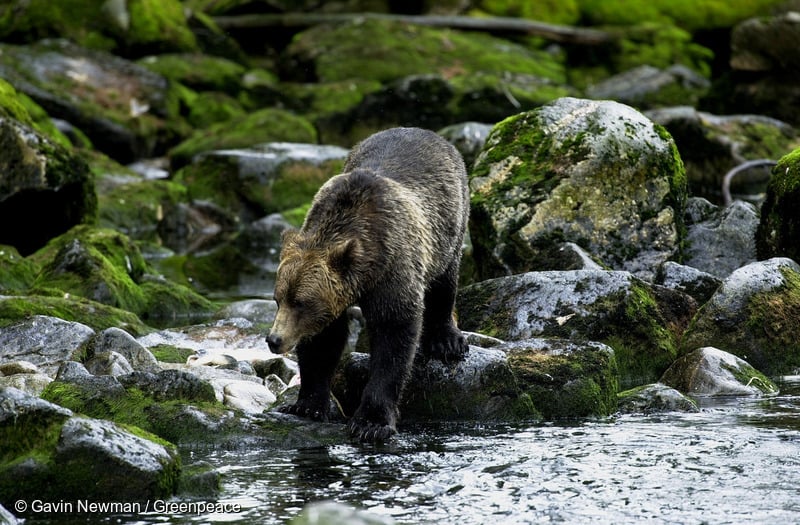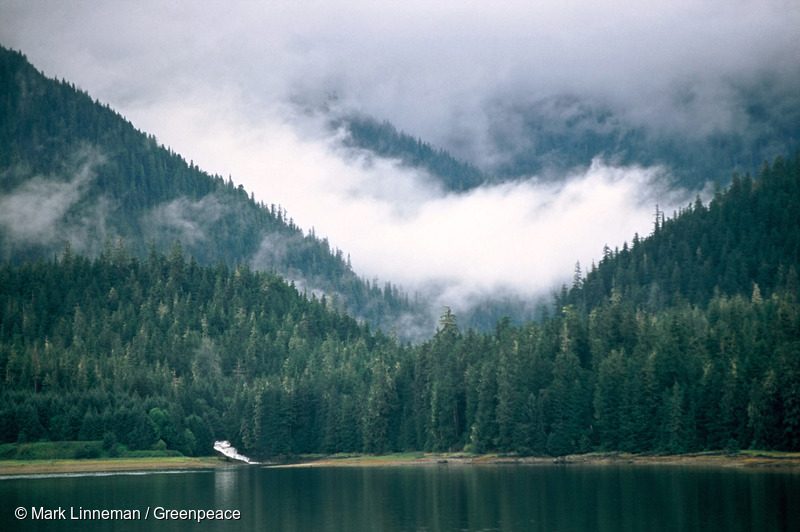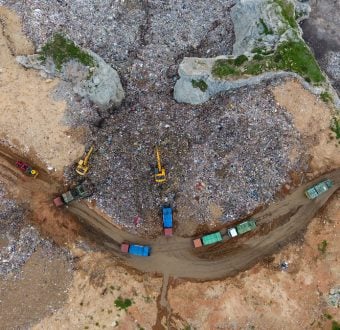We’ve witnessed two attacks on our most treasured natural lands in just a matter of several weeks, with too many more before them. This needless, destructive policy-making paints a picture of what the Trump Administration has inflicted on our forests — and foretells what four more years of this leadership could mean.
Today, the Trump Administration finalized its repeal of one of our most popular conservation measures of the last century — the Roadless Rule. This means that areas in the world’s largest remaining intact temperate rainforest, the Tongass National Forest, as of today are open for logging and exploitation. Before that, the Trump Administration issued a greenlight for new oil and gas drilling in national forests throughout the country, without so much as an environmental review. This places more than 190 million acres of public land at risk while silencing voices of concerned citizens. We cannot afford any more threats like these to endangered species and our last great forests.
If you care about wildlife, then make your plan to vote now. Eagles, bears, wolves, salmon, and countless other species call the Tongass National Forest home. Imperiled wildlife like the Alexander Archipelago wolf, Queen Charlotte goshawk and marten may see their homes disappear under Trump’s rollback of the Roadless Rule.

If you care about climate change, then make your plan to vote now. Logging and roadbuilding not only emit carbon dioxide, but they also harm forests’ ability to sequester carbon in its trees and soils. The Tongass National Forest currently holds more carbon than any other forest in the United States but without the Roadless Rule, it is now in jeopardy. And oil and gas drilling in national forests throughout the country not only harms our forests, but perpetuates the age of fossil fuels — the main culprit for the climate crisis we find ourselves in today.

Sea Alaska logging operations at Dall Island, in Alaska
If you care about Indigenous people, culture, and human rights, then make your plan to vote now. The Tongass is essential to the livelihoods of Alaska Native communities who rely on it for hunting, fishing and wild harvest as a matter of survival. Since time immemorial, the Tongass has been the traditional homelands of the Tlingit, Haida, and Tsimshian peoples. Not only has the Trump Administration pushed forward with plans to open up these homelands, they did it while ignoring input from tribes.

Haida people greet the Greenpeace crew from the Arctic Sunrise as they arrive in Hydaburg for a Town Meeting,
If you care about wild places as a refuge to escape or a place to recreate, then make a plan to vote now. More than 190 million acres of national forest land will now be open for logging and mining and drilling. This means real impacts on real places that you may visit and love.

With a more steady and thoughtful hand in the White House, we can organize, lobby, and pressure a different administration to repair the damage inflicted on our bedrock environmental laws and our national treasured lands. As a movement, we’ll fight to advance the vision of restoration where our national lands and wildlife are healthy, our climate is stable, and our Indigenous People are honored and respected.
Get everything you need to make your voice heard.
As the deadline for voting approaches, we’re pulling out all the stops to make sure that you, your friends, family, neighbors, and every environmental voter has their voice heard before the polls close. Our “What’s at Stake” series highlights a key issue that’s on the ballot. If you haven’t voted yet, now is the time. If people in your circle are on the fence, please share this post or have a conversation with them today.


